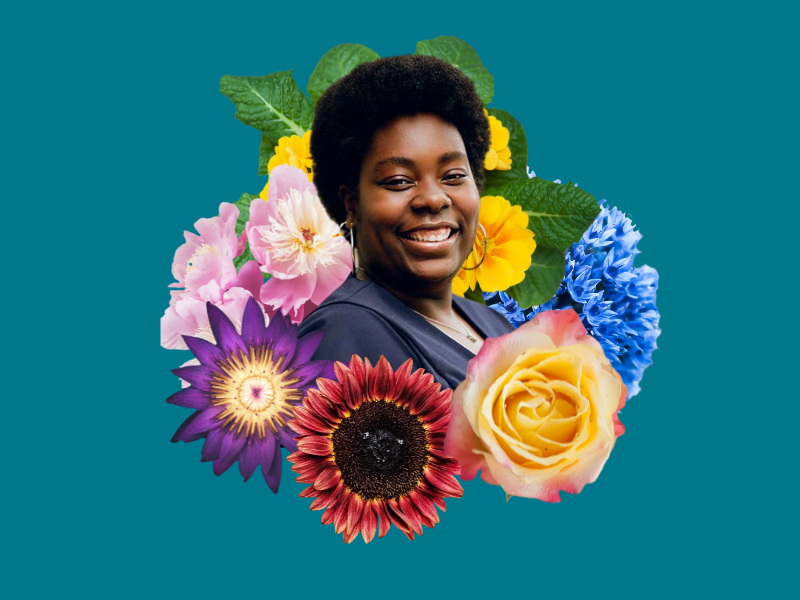
Photo of Angel Carter
By Rebecca O’Malley Gipson
While many faculty and staff members at Tulane University first encounter students when they arrive on campus each fall, Angel Carter has the unique opportunity to forge connections with students before they even choose to attend Tulane. As the Director of Equity, Diversity, and Inclusion in Tulane’s Office of Undergraduate Admission, Carter meets students from all over the world and helps them through their college application process. Her role allows her the pleasure of paying special attention to Black, Indigenous, people of color (BIPOC), low-income, and first-generation students.
“I always say that my job as an Admission Counselor is to help students get into college, period,” explained Carter. “So, if that ends up being Tulane, that is amazing, but even if it doesn’t, they will have all the tools that they need to navigate through a stressful time.”
Carter’s commitment to equity, diversity, and inclusion is a deeply personal one, as she remembers a time where diverse representation at Tulane, particularly racial and socioeconomic representation, were at their lowest in recent history.
“As a student at Tulane, I dedicated my entire collegiate career to making sure my voice was heard,” reflected Carter. “That led me to having the chance to be in rooms or spaces where typically no–or very little–BIPOC representation was present.”
As an undergraduate student, Carter joined Green Wave Ambassadors, Tulane’s tour guide and student ambassador association, and eventually became the first Black president in the organization’s history. She also served as a first-year Resident Advisor in Josephine Louise House, an Admission Intern, a Newcomb Big, a member of the Tulane University Marching Band, and a producer of Newcomb Institute’s annual feminist production Hers, Theirs, Ours (HTO).
“Of all the organizations that I was involved in at Tulane, two of the most impactful programs that I ever did were HTO and Newcomb Big/Little,” expressed Carter. “These two organizations taught me valuable lessons in the power of community, friendship, and using your voice to stand up for what’s right and what you believe. My current job requires a lot of all of those things. The field of higher education changes fairly often, however, the work and nature of EDI is always about focusing on historically underrepresented students and communities.”
Carter sees herself doing equity work and advocacy for years to come. While she is currently pursuing her doctorate in public health, she has not yet ruled out the possibility of continuing both her education and career in higher education.
“I see myself walking around and being called Dr. Angel Carter, and I hope to have conducted meaningful research in the field of public health that will then allow me to transition into working with community and global health equity organizations,” said Carter. “[Equity, Diversity, and Inclusion] work is not for the faint of heart as it requires your time, voice, and can be emotionally taxing at times, but my mother always says, ‘If not you…who?’”
And if all else fails, Carter says her obsession with the Marvel Cinematic Universe will just have to do.
